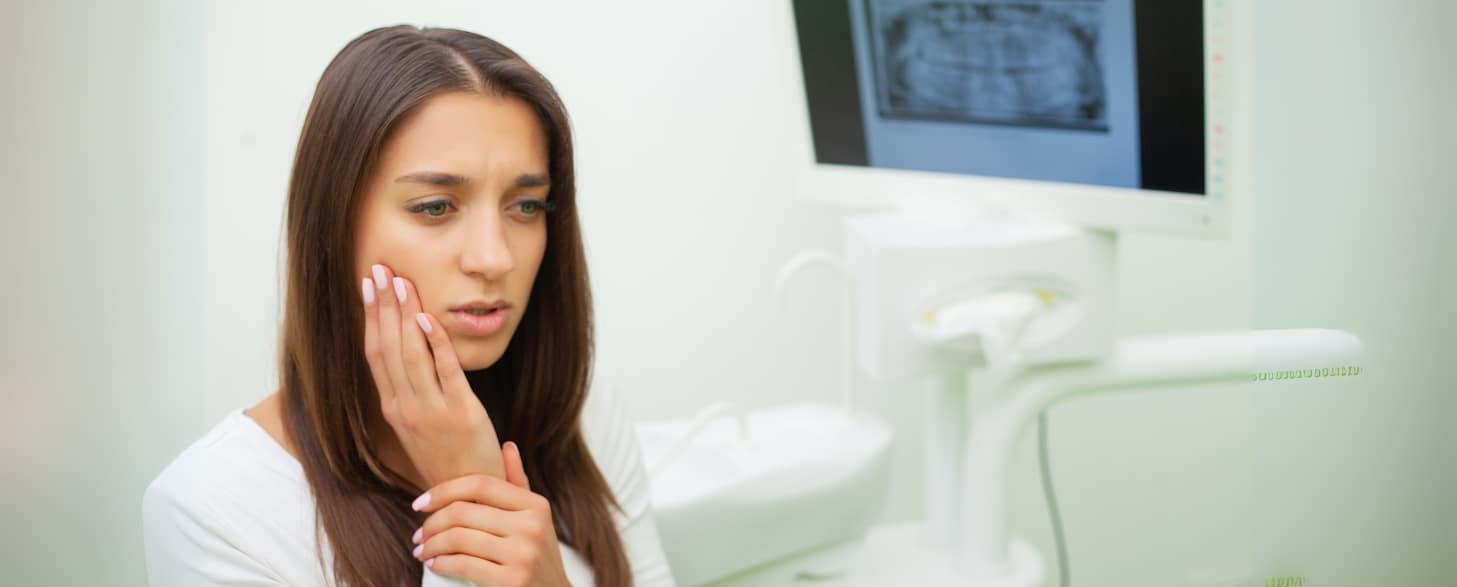Living in San Antonio? Here’s How to Handle a Dental Emergency Like a Pro
San Antonio, TX

Facing a sudden toothache or dental injury can be overwhelming. When you or a loved one is in pain, acting quickly and calmly is crucial. Knowing what to do during a dental emergency can save you from severe discomfort and complications. Here’s a practical guide on how to manage common dental emergencies and get help fast.
Common Dental Emergencies You Shouldn’t Ignore
Dental emergencies can strike without warning, but being prepared can make a big difference. Below are some of the most common situations and how you can address them:
1. Toothache That Won’t Go Away
Persistent tooth pain can indicate a serious problem, such as an infection. Here’s what to do:
- Rinse your mouth with warm water.
- Floss gently to remove any trapped debris that could be causing irritation.
- Take an over-the-counter pain reliever, but don’t place it directly on the gums. It can cause a burn.
- Contact an emergency dentist in San Antonio for immediate care if the pain persists.
2. Knocked-Out Tooth
If your tooth gets knocked out, don’t panic. Quick action increases the chances of saving it:
- Pick up the tooth by the crown, not the root.
- Rinse it gently with water—avoid scrubbing.
- Try to reinsert the tooth into the socket if possible. If not, store it in a glass of milk or saliva.
- Head to an emergency dentist in San Antonio within 30 minutes for the best chance of saving the tooth.
3. Chipped or Broken Tooth
A chipped or fractured tooth can be alarming. Here’s what to do:
- Rinse your mouth with warm water to clean the area.
- Save any pieces if you can find them.
- Apply a cold compress to your face to reduce swelling.
- Schedule a visit to your dentist for proper repair as soon as possible.
Tips to Prevent a Dental Emergency
While accidents aren’t always avoidable, you can take steps to minimize the risk of a dental emergency. Here are some practical tips:
1. Maintain Good Oral Hygiene
- Brush twice a day with fluoride toothpaste.
- Floss daily to keep your gums healthy.
- Use an antiseptic mouthwash to reduce bacteria.
2. Wear Protective Gear
- Use a mouthguard during contact sports to prevent trauma.
- Invest in a nightguard if you grind your teeth while sleeping.
3. Be Cautious with Hard Foods
- Avoid chewing on ice, hard candies, or other objects that can crack teeth.
- Cut food into smaller pieces to reduce the chance of chipping.
First Aid for a Dental Emergency
Being prepared can make a world of difference in a dental crisis. Here’s how you can handle an emergency until you reach a dentist:
1. Pack a Dental Emergency Kit
- Cotton balls or gauze for controlling bleeding.
- A small container for saving a knocked-out tooth.
- Pain relievers for immediate discomfort relief.
- Dental wax to cover the sharp edges of a broken tooth.
2. Know How to Manage Pain
- Use a cold compress on the affected area to reduce swelling.
- Rinse with salt water to soothe irritated gums.
- Take over-the-counter medication for temporary pain relief.
When Is It Time to Visit the Emergency Room?
Some dental emergencies can be life-threatening. Here’s when you should consider going to the ER:
- You have uncontrollable bleeding in the mouth.
- There’s a severe injury to the face or jaw.
- High fever and facial swelling are present, which could indicate a serious infection.
How to Find a Reliable Emergency Dentist?
Knowing where to go during a dental emergency can save precious time. Here’s how to find the right dentist when you need one:
- Search online for reviews and recommendations from local patients.
- Look for a dentist who offers 24/7 emergency services.
- Consider clinics that have flexible hours and fast appointment availability.
What to Expect During an Emergency Dental Visit?
Once you’ve reached a dentist, here’s what you can typically expect:
- X-rays to diagnose the issue accurately.
- Immediate pain relief treatments, like numbing the area.
- Repair or extraction, depending on the condition.
- Follow-up care instructions to ensure proper healing.
Handling a Dental Emergency
Staying calm and knowing the right steps can help you manage any dental emergency efficiently. Acting fast can make a huge difference in saving your smile. Be proactive, keep a dental emergency kit handy, and make sure you have a trusted dentist’s number saved on your phone. With the right preparation, you can handle any dental mishap like a pro.






